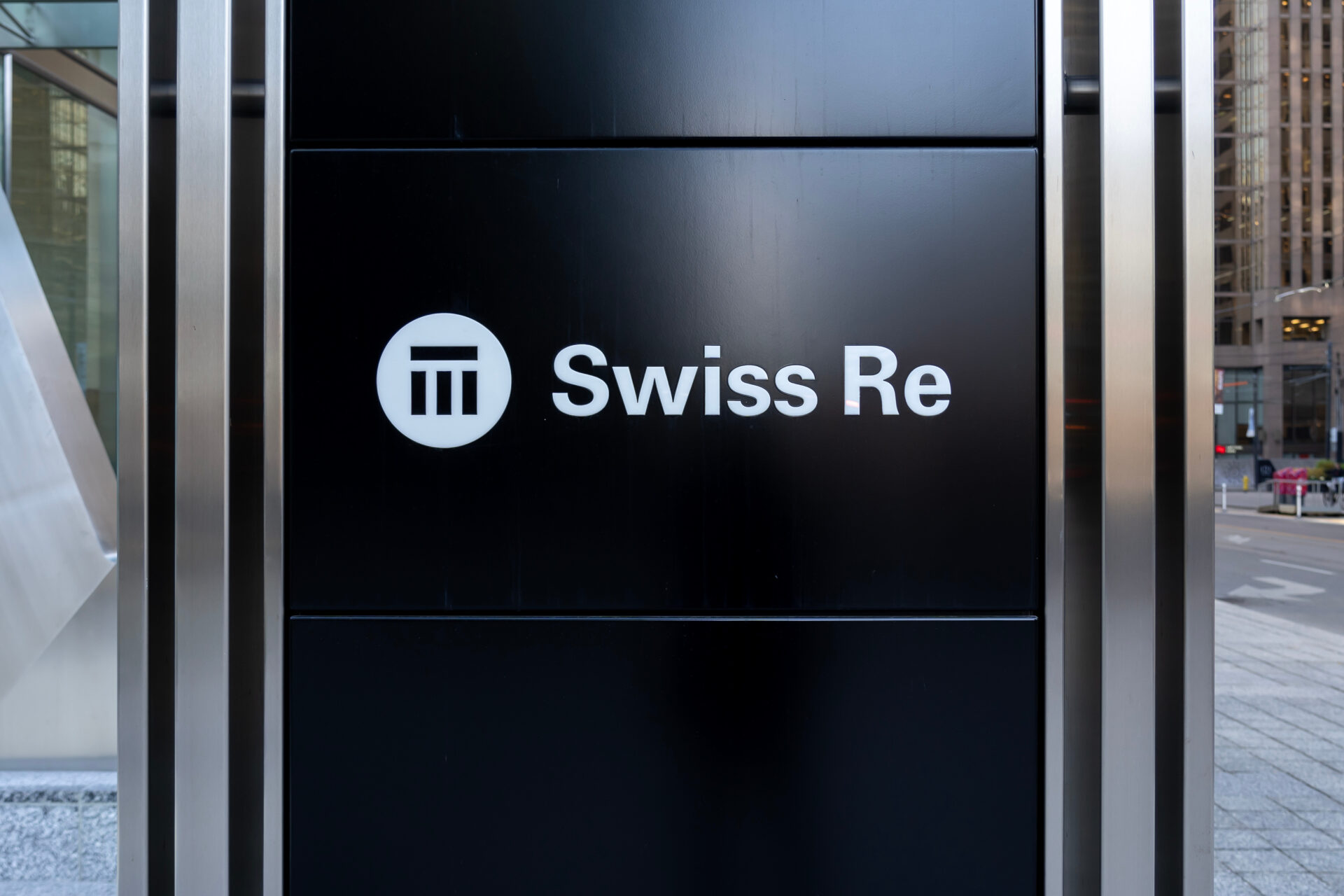In a move to increase revenue for public services, the Government is implementing changes to employer National Insurance Contributions (NICs).
Starting from April 2025, the NIC rate for employers will rise from 13.8% to 15%.
The current Employment Allowance gives employers with NICs bills of £100,000 or less a discount of £5,000 on their employer NICs bill.
Starting from April 2025, the NIC rate for employers will rise from 13.8% to 15%.
Additionally, the threshold at which employers become liable to pay NICs will decrease from £9,100 to £5,000 per employee, resulting in a broader application of NICs across the workforce.
To support smaller businesses impacted by this increase, the Government will boost the Employment Allowance from £5,000 to £10,500.
The Government will also expand the Employment Allowance by removing the £100,000 eligibility threshold, to simplify and reform employer NICs so that all eligible employers now benefit.
Taken together, this means that 865,000 businesses will pay no NICs at all, and more than half of employers with NICs liabilities will either see no change or will gain overall next year.
According to the Government, these changes aim to balance revenue-raising with targeted support for smaller employers, while over half of employers will either see no increase or a reduction in NICs as a result.
Reaction:
Damon Hopkins, head of DC Workplace Savings at Broadstone:
“An increase in the rate of employer National Insurance and lowering the threshold for when businesses start paying the tax will add to the financial pressures that businesses are already experiencing.
“With the exception of very small businesses, this revenue raising measure is likely to have immediate knock-on consequences whether that is pausing hiring, scaling back or scrapping pay increases and/or reviewing existing employee benefit arrangements.
“It is positive that the Government looks to have resisted the temptation to introduce National Insurance on employers’ pension contributions which may have had the impact of reducing contributions at a time when we need to be doing all we can to help workers save more into their pension pots.
“In light of these changes, it is crucial for employers to strike a balance between managing the direct impact on their businesses while supporting employees to ensure they protect productivity and retention.”
Suzanne Brooker, restructuring, reorganisation and insolvency partner at Spencer West LLP:
“The confirmation to raise the minimum wage and to increase the employer’s NIC will place a further financial burden on UK business against a backdrop of increasing costs of borrowing (due the interest rate rises already in play) and inflationary rises in supply chains already in place.
“These additional employment liabilities will undoubtedly result in operational reductions to right size financial performance or a further increase in the costs of products or services as costs are passed on which in turn affects growth plans.”
Stuart Lewis, chief executive at Rest Less:
“We are concerned that the increase in employers’ National Insurance contributions may negatively impact employment opportunities for older workers.
“Struggling businesses will be searching for ways to offset the increase through a variety of cost-saving exercises.
“Coupled with the costs of adapting to previously announced changes to employment legislation and a 6.7% uplift in the minimum wage, we wouldn’t be surprised to see hiring freezes, or even layoffs in those sectors particularly exposed to rising cost pressures, such as hospitality and retail.
“History has shown us that older workers are often the most impacted during a weak employment market, tending to be the first out the door in difficult economic conditions and the last back in during the recovery.
“Any further downturn in employment opportunities would come as terrible news for the estimated 410,000 people aged 50+ who are currently claiming unemployment benefits – a number which is already 40% higher than September 2019 (pre-Covid).
“In terms of secondary impacts, we also expect to see pressure on wages as struggling businesses find other ways to make ends meet.
“There may be reduced investment in training opportunities too – where existing discrimination and lack of provision is already a problem for many older workers and is likely to be exacerbated.
“All of these measures risk expediting another wave of premature retirement for many who cannot afford it and who don’t want it, pushing more people into a retirement that they cannot afford.”
Simon Fowler, CEO of Empowering People Group:
“The impact of an increase in NI and the national minimum wage, coupled with the impending introduction of new, complex legislation in the Employment Rights Bill, is going to inevitably add even more strain to businesses and HR teams.
“Our own analysis of client data, designed to illustrate the potential impact of the new day-one rights on HR resource, suggests resource requirements could increase by anywhere up to a 13%, just for this one legislative change.
“So, coupling this with even more change and complexity necessitates a radical transformation of operations and a renewed focus on efficiency.”
Alexander Simpson, partner at Evelyn Partners:
“The increases in employers’ NIC and the National Living Wage announced today deliver a significant uplift in the costs of employing staff.
“Some businesses may now think twice about taking on additional employees as a result of these changes and this might pose risks for the continued growth of the UK economy.
“Increasing the National Minimum Wage by an above inflation rate, plus higher employer NICs comes at difficult time for many businesses, particularly those that have grappled with rising costs and reduced consumer demand following the pandemic.
“In extreme circumstances, the changes could push some businesses to close. Businesses need to take review their budgets and plan for higher costs.”
Simpson added: “Increasing the National Living Wage to £12.21 compounds the impact of the increase in the employer NIC rate for employees receiving a pay rise as a result of the change.
“NMW compliance is more complicated than simply paying the headline rate.
“There are a number of complications and technicalities which can cause employers to fall foul of the legislation and potentially be ‘named and shamed’.
“There is currently a significant amount of HMRC compliance activity in this area, so businesses should take advice to ensure they are prepared for the changes.”
Dan Crook, MD Protection at Canada Life:
“Whilst the government have not increased national insurance contributions for UK workers, welcome news for many, as announced today, employers will be facing these national insurance hikes instead.
“An increase by 1.2ppts to 15%, coupled with an increase to the national minimum wage, in addition to recent legislation for the widening of employment rights, bluntly, mean that employers of all sizes will be feeling the crunch.
“Invariably, this may mean that some employers will have some difficult decisions to make, when considering budgets.
“As such, there could be a temptation for employers to cancel their protection policies as a consequence, but we would urge employers to take a long term view.
“Ultimately, these valuable benefits exist to help employers to attract, retain and support their employees and should continue to be considered as an essential component of their workplace proposition, not a nice to have.”

















